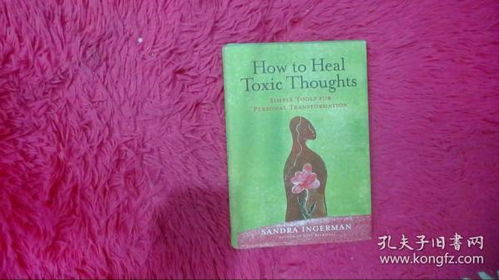
How to Heal Chigger Bites Faster
Chigger bites can be incredibly itchy and uncomfortable, often leading to a desire to find relief as quickly as possible. These tiny arachnids, known for their ability to cause intense irritation, are commonly found in grassy and wooded areas. If you’ve ever been unfortunate enough to encounter chigger bites, you’ll be glad to know that there are several effective ways to heal them faster. Let’s dive into the details.
Understanding Chigger Bites

Before we delve into the healing process, it’s important to understand what chigger bites are. Chiggers are the larval stage of the harvestman spider, and they are known for their ability to inject a potent saliva into their hosts, causing an allergic reaction. This reaction leads to the characteristic red, itchy bumps that we commonly refer to as chigger bites.
Chigger bites can appear anywhere on the body, but they are most commonly found on areas that are exposed to clothing, such as the legs, arms, and buttocks. The bites can be quite small, often less than a millimeter in diameter, but they can cause significant discomfort and itching.
Immediate Relief

When you discover a chigger bite, the first step is to provide immediate relief to the affected area. Here are some quick and effective methods to soothe the itching and reduce inflammation:
-
Wash the bite with soap and water to clean the area and prevent infection.
-
Apply a cold compress to the bite to reduce swelling and numb the area temporarily.
-
Use over-the-counter antihistamines, such as diphenhydramine (Benadryl), to relieve itching and reduce inflammation.
-
Apply calamine lotion or a hydrocortisone cream to the bite to soothe the skin and reduce itching.
Long-term Healing

While immediate relief can provide some comfort, it’s important to take steps to ensure that the bite heals properly and doesn’t lead to complications. Here are some long-term strategies to consider:
1. Keep the Area Clean and Dry
Keeping the affected area clean and dry is crucial for preventing infection and promoting healing. Change clothing that may have come into contact with the chigger bites, and avoid scratching the area to prevent further irritation and potential scarring.
2. Use Topical Treatments
Topical treatments can help reduce inflammation, soothe the skin, and prevent infection. In addition to calamine lotion and hydrocortisone cream, you may consider the following options:
| Topical Treatment | Description |
|---|---|
| Aloe Vera | Contains natural soothing properties and can help reduce inflammation. |
| Tea Tree Oil | Has antibacterial and antifungal properties that can help prevent infection. |
| Apple Cider Vinegar | Can help reduce itching and inflammation when applied topically. |
3. Take Oral Medications
In some cases, oral medications may be necessary to manage the symptoms of chigger bites. These may include antihistamines, such as diphenhydramine (Benadryl), or corticosteroids, which can help reduce inflammation and itching. Always consult with a healthcare professional before taking any new medication.
4. Seek Professional Help
If you experience severe symptoms, such as intense itching, swelling, or signs of infection (such as redness, warmth, or pus), it’s important to seek professional medical help. A healthcare provider can prescribe stronger medications or recommend other treatments to ensure proper healing.
5. Prevent Future Bites
Preventing chigger bites is the best way to avoid the discomfort and inconvenience of dealing with them. Here are some tips to help you stay chigger-free:
-
Wear long sleeves and pants when hiking or working in grassy or wooded areas.
-
Use insect repellents containing DEET or picaridin to deter chiggers and other insects.







